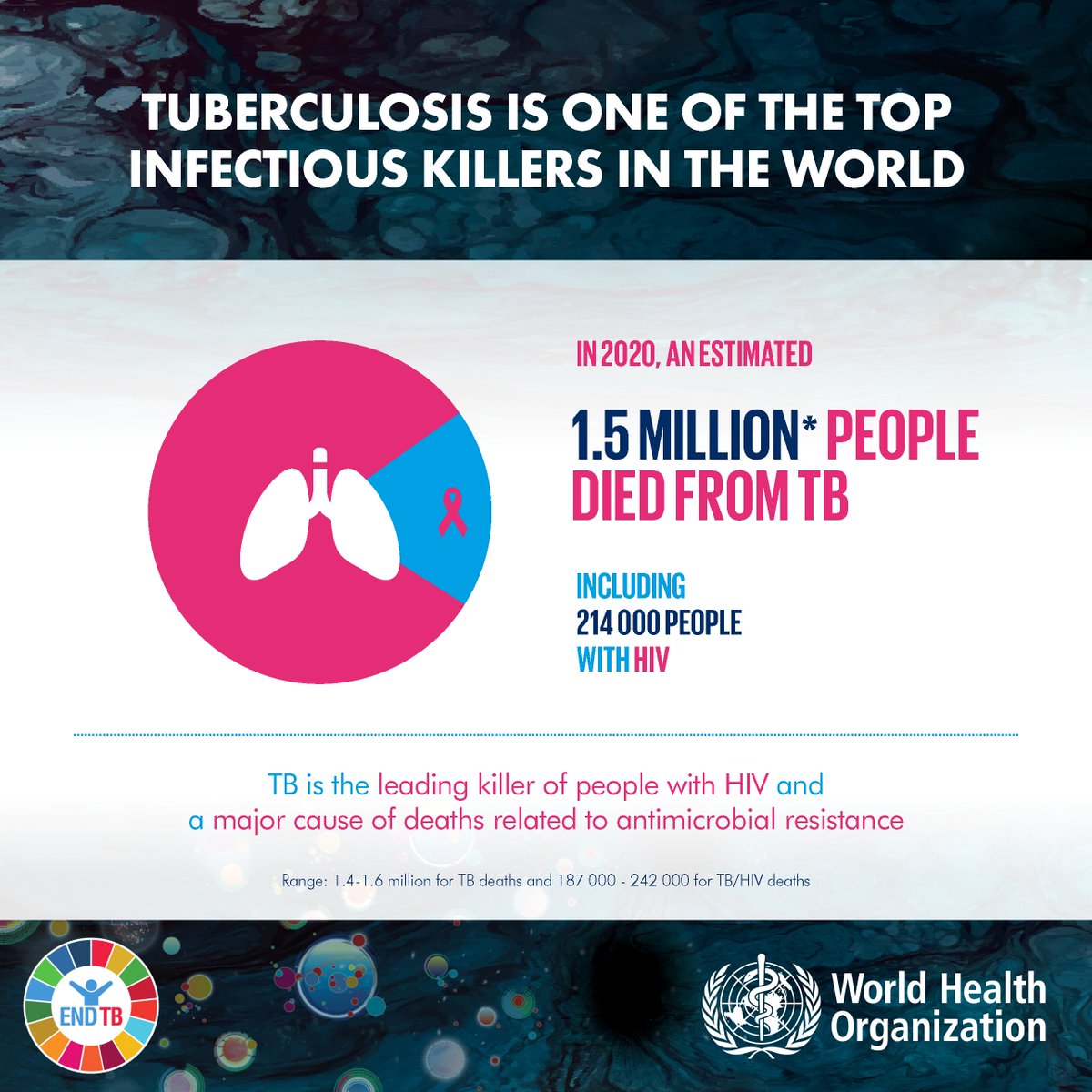
WHO and partners call for urgent actions to better protect health and care workers 🌍🌎🌍 from #COVID19 and other health issues.
bit.ly/3b39PrK
bit.ly/3b39PrK
We need stronger monitoring and reporting of #COVID19 infections, ill-health, and deaths among 👩⚕️👨⚕️
bit.ly/3b39PrK
bit.ly/3b39PrK

We need political leaders and policymakers to do all they can to make regulatory, policy and investment decisions that ensure the protection of 👩⚕️👨⚕️
bit.ly/3b39PrK
bit.ly/3b39PrK
By September 2021, only 2 in 5 👩⚕️ 👨⚕️ were fully vaccinated 🌎
We need leaders and policymakers to ensure equitable access to vaccines so health and care workers are prioritized in the uptake of #COVID19 vaccinations
bit.ly/3b39PrK
We need leaders and policymakers to ensure equitable access to vaccines so health and care workers are prioritized in the uptake of #COVID19 vaccinations
bit.ly/3b39PrK
If we protect 👩⚕️ 👨⚕️ with early #COVID19 vaccination, they, in turn, can vaccinate, treat and care for people at risk in all countries and ensure that essential health services are maintained
#COVID19 has shown the critical (and often unmet) need for the protective equipment 👩⚕️ 👨⚕️ need to safely provide care and reduce the rate of infection in emergency settings.
Every day health care workers everywhere face risks. Not just from #COVID19, but from other people.
#HealthWorkers care for us. Let us care for them.
Be respectful.
Be supportive.
Be kind.
#ThanksHealthHeroes
#HealthWorkers care for us. Let us care for them.
Be respectful.
Be supportive.
Be kind.
#ThanksHealthHeroes
To health care workers of the world:
❤ Thank you for working round the clock to fight the #COVID19 pandemic.
❤ Thank you for the difference you are making, every day and everywhere.
❤ Thank you for working round the clock to fight the #COVID19 pandemic.
❤ Thank you for the difference you are making, every day and everywhere.

• • •
Missing some Tweet in this thread? You can try to
force a refresh










